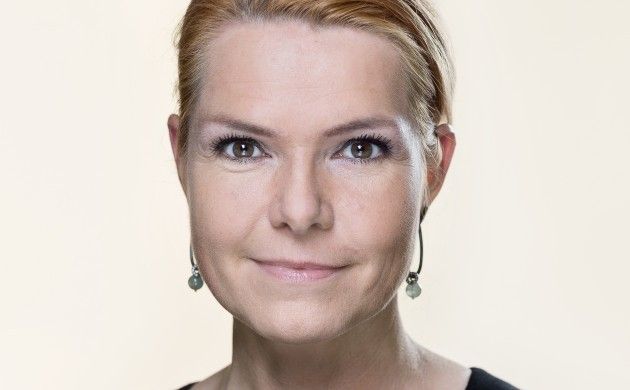Inger Støjberg, the immigration and integration minister, has together with her counterparts from Germany, Sweden, France and Austria sent a letter to the EU Commission arguing they should be allowed to extend temporary border controls for up to two years.
“There is a hole in Europe that thousands of refugees and migrants are flowing through, and we have lost confidence in the initiatives that the EU has put in place to secure the external borders,” said Støjberg.
Vote required
The rules for border controls fall under the Schengen agreement, which otherwise allows relatively free movement. Støjberg and her partners hope that the EU considers the section of the agreement that allows member countries to impose border controls for up to two years.
“I am glad there are countries other than Denmark who can see this,” said Støjberg. “I hope that the commission will take our letter seriously.”
Støjberg also informed the EU that she has today extended controls at the Danish/German border for the sixth time.
The EU Commission must now ask the EU Council of Ministers – the 28 member states – to decide whether the border checks can be extended.
READ MORE: EU: Border controls must be ended as soon as possible
A qualified majority of member states must then vote to adopt the measure.















